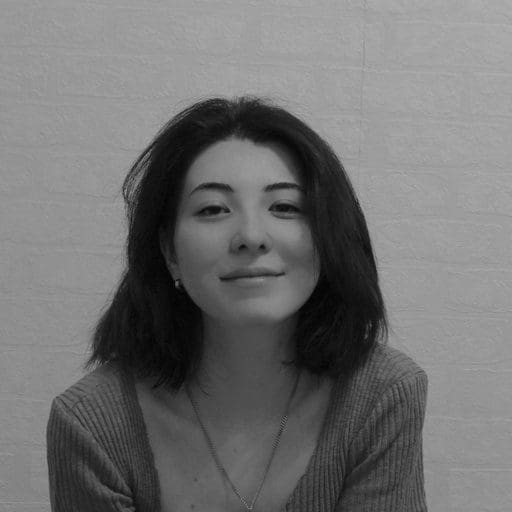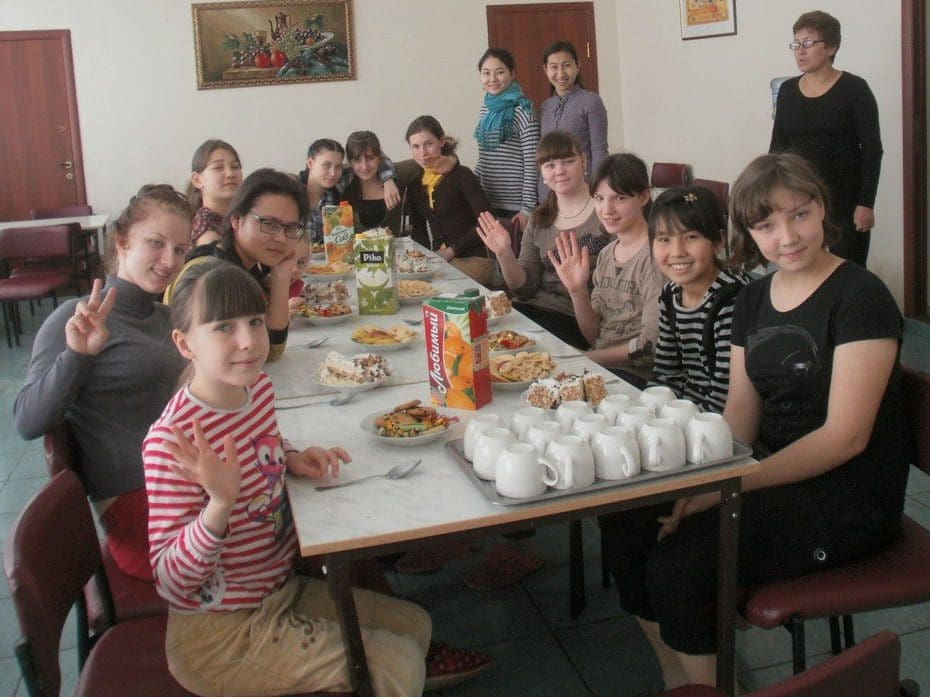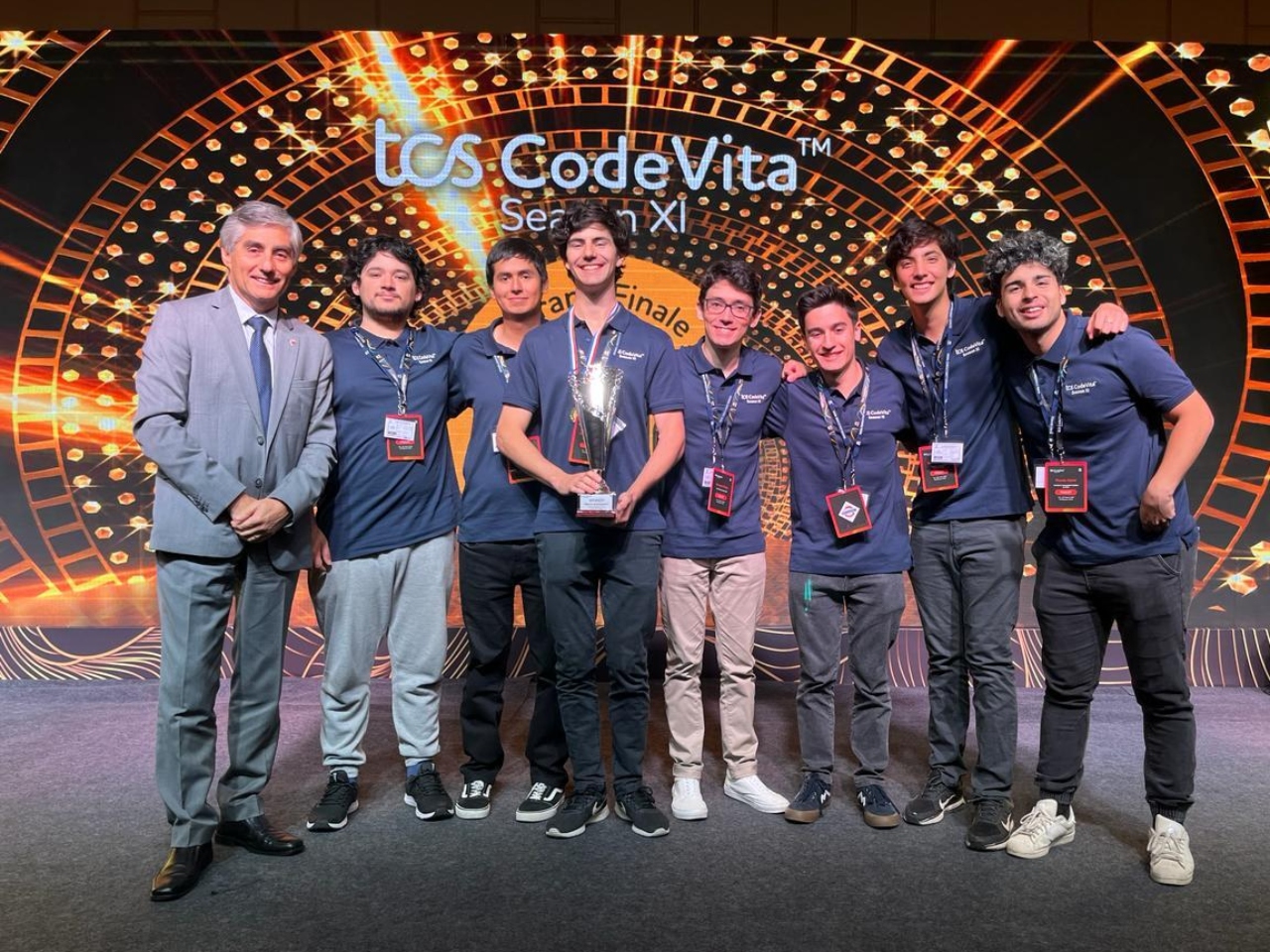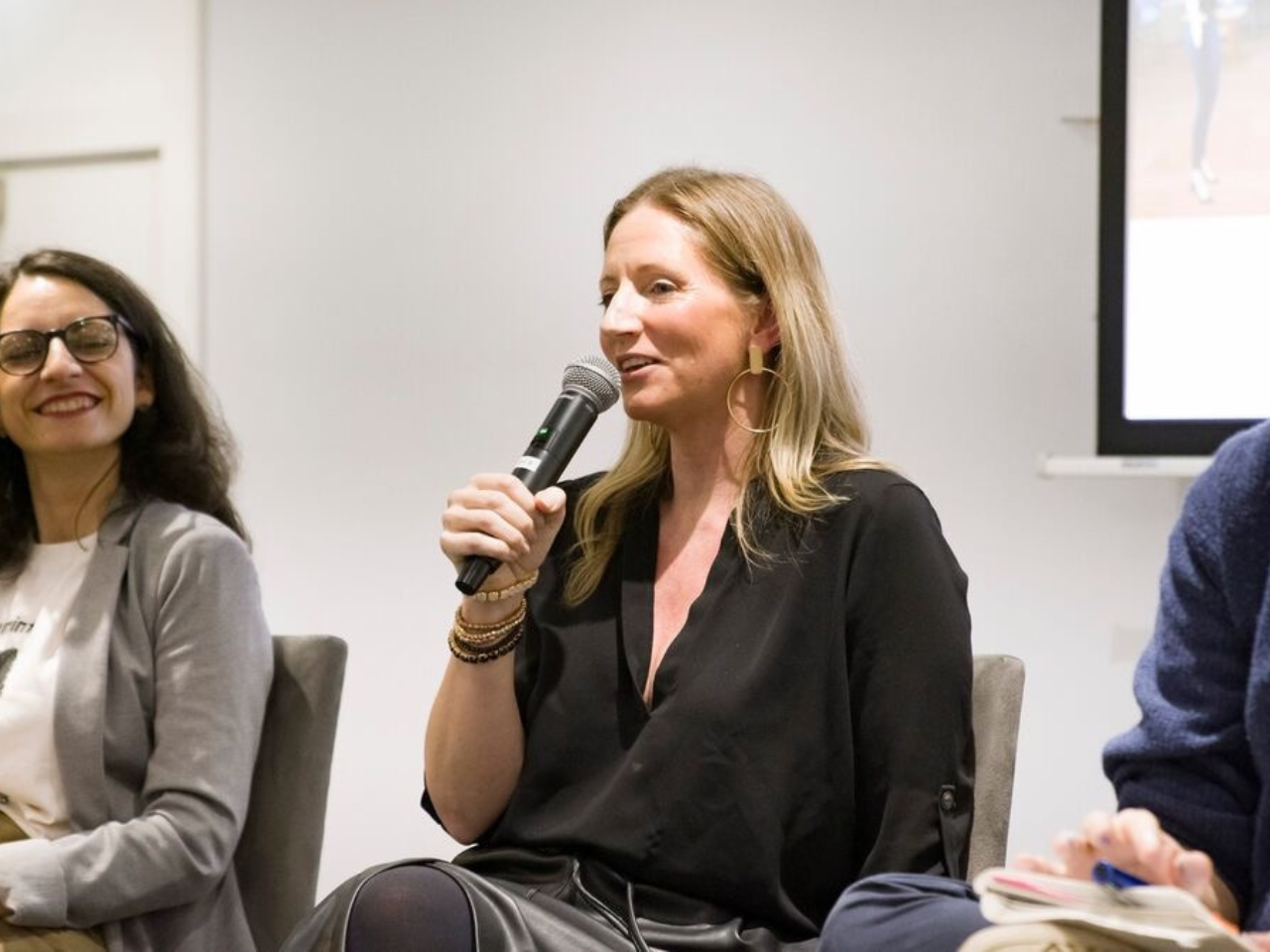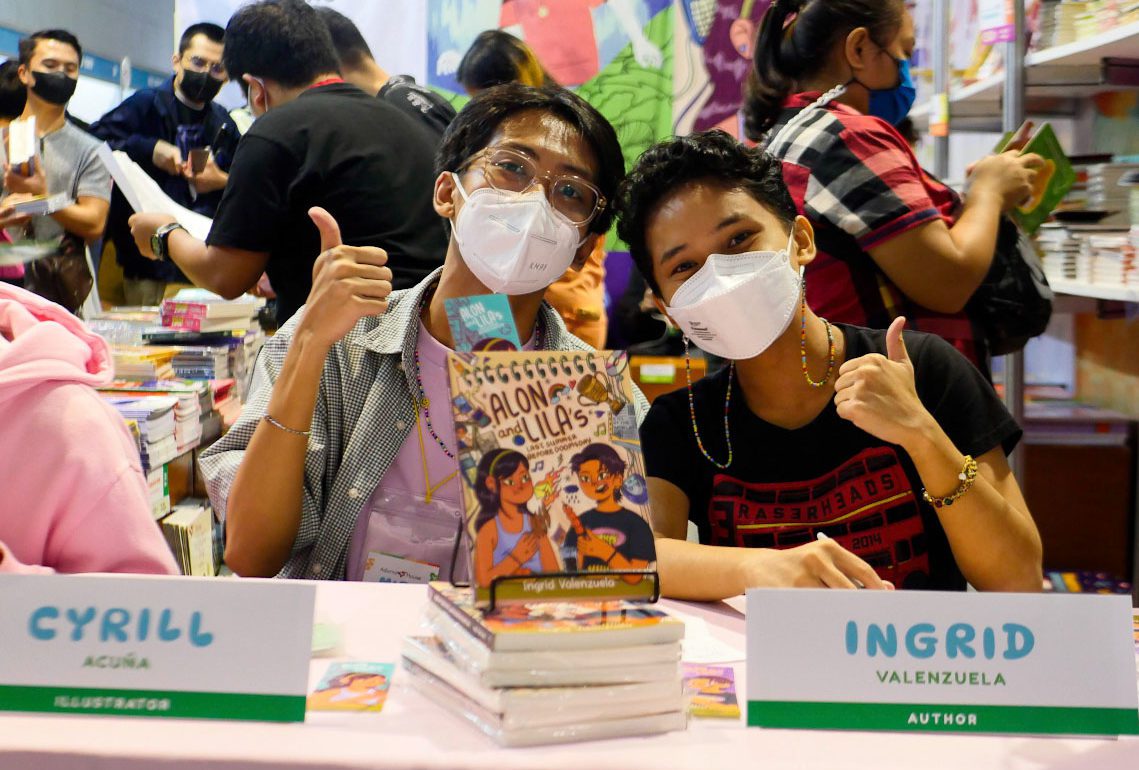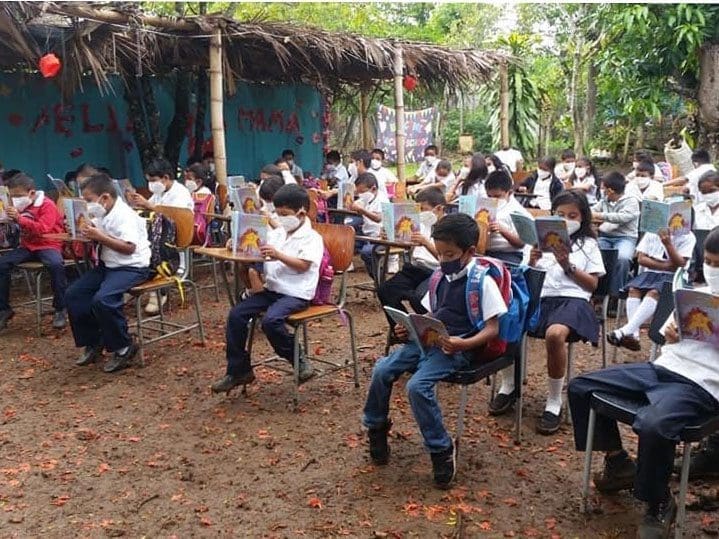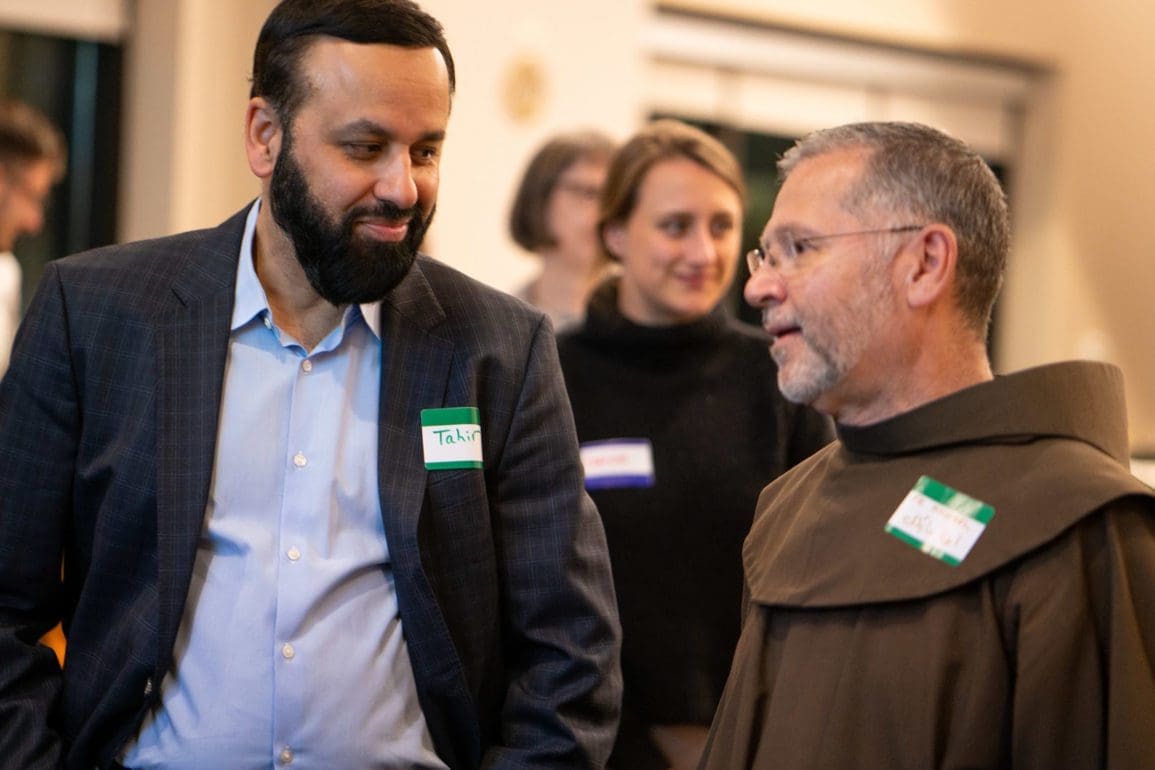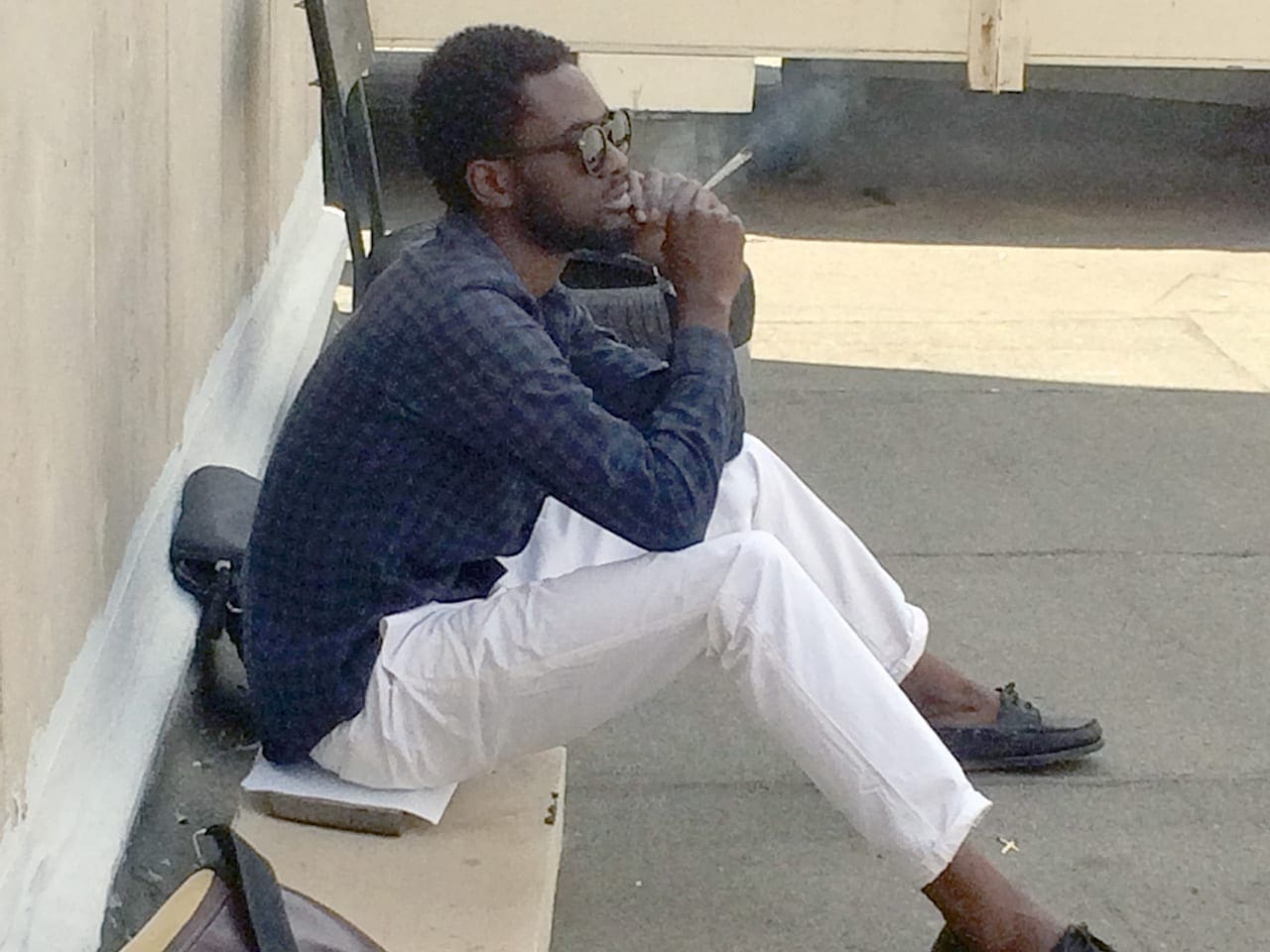Dina Shaikhislam transitions from handing out fruit to helping 1,000 orphans in Kazakhstan
NUR-SULTAN, Kazakhstan – I was always told that education is the best investment one can make in themself. Studying at the most privileged university in my country, I wished every child had an opportunity to get a quality education. I believed it was possible. One day, I came up with an idea to launch educational […]
- 2 years ago
June 22, 2022
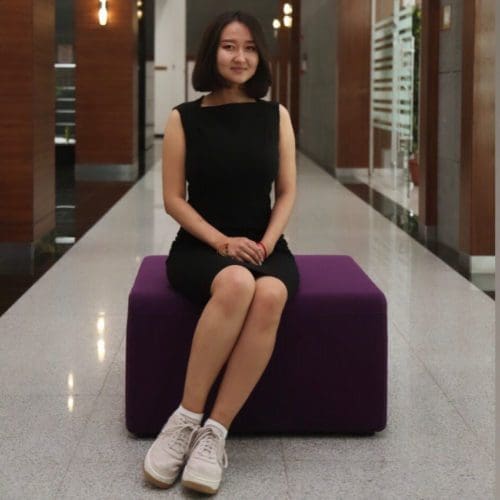
NUR-SULTAN, Kazakhstan – I was always told that education is the best investment one can make in themself. Studying at the most privileged university in my country, I wished every child had an opportunity to get a quality education. I believed it was possible.
One day, I came up with an idea to launch educational courses for children from low-income families. In a short time, this idea became a reality. Since 2010, the Children Development Foundation has helped more than 1000 children change their lives.
Woman pursues childhood emphasis on education in Kazakhstan
I couldn’t tell that I was an extraordinary child. I lived in Kostanay, a small city on the north side of Kazakhstan. We grew up in tough times when post-soviet countries tried to stabilize their economy after the USSR’s collapse.
People tried their best to earn enough money to meet their basic needs, and my parents were among them. Despite all their difficulties, my parents were able to send me to a local gymnasium, which was not the best school in our city, but it was pretty good.
They had to pay for my studies, although they did not earn a lot, and I knew it. I knew my parents’ hard work and sleepless nights were the cost of my education. I tried to study as hard as I could, while my parents constantly repeated, “Education is the best investment.”
Eventually, I graduated from that gymnasium and got accepted to one of the best universities in our country.
The orphanage children stared with curiosity as we distributed fruit
When I got into the university, I wanted to help others, and I was not the only one with this wish. I encouraged my friends to open a student club to help charities and children seeking support. We called our first charity campaign “Rejection of Afternoon Snacks.”
As freshman students at the university, we ate for free. We wanted to gather afternoon snacks from students willing to help and give them to children from orphanages. The campaign launched successfully, and we began bringing boxes of juice and fruit to orphanages every week.
One day, we arrived at a local orphanage to distribute our donations collected through the week. Each of us carried a box with food in our arms and knocked on the door of an old, barely standing building. The door creaked open, and we saw dozens of children of different ages.
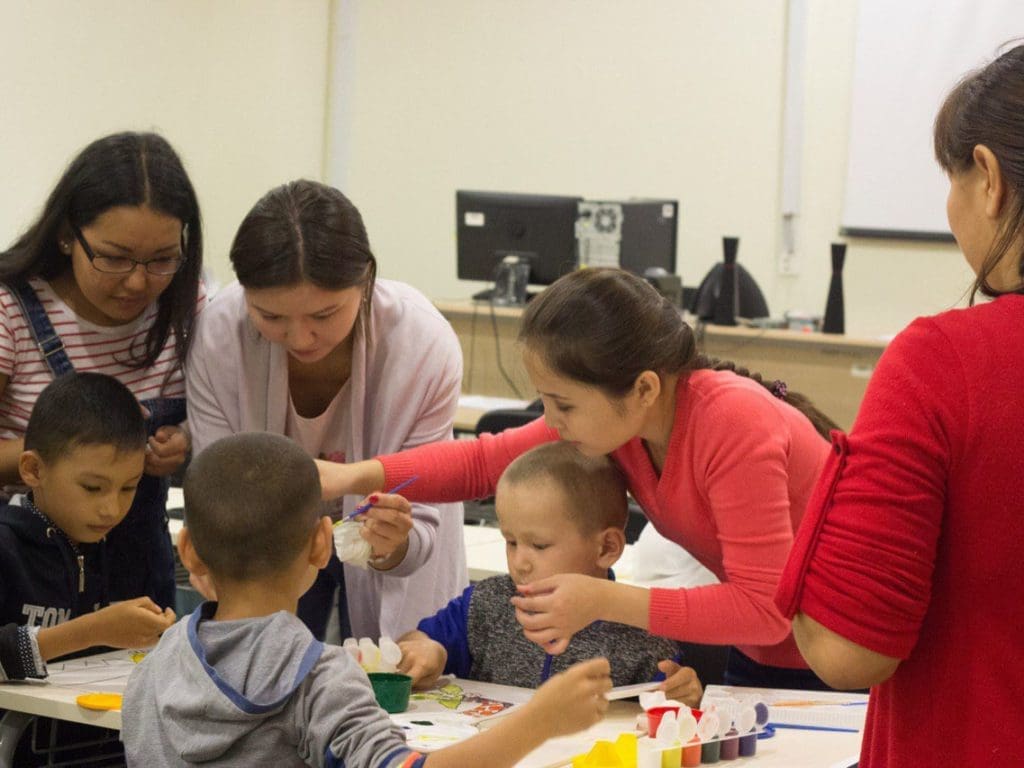
They stared at us with great curiosity as we put boxes on their dining table and opened them. The youngest children gathered around us, trying to reach for the fruits and juices. They took the snacks with big smiles and shining eyes, repeatedly thanking us.
My friends continued distributing and I took an apple and went to a teenage girl sitting in the corner of the room. She seemed to be busy reading a book, but when I approached her, she put her reading aside, smiled slightly, and thanked me. I glanced at her book.
“What are you reading?” I asked. That’s how our conversation with Natasha started. I will never forget the moment I asked Natasha about her dreams. I heard something I did not expect to hear. “We don’t dream,” she said. “What can we dream about?”
Questioning our impact as we face hopeless orphans in Kazakhstan
Looking at her, I could not believe my eyes. I supposed I was talking to a child, but what I heard sounded like the speech of an adult completely disappointed in her life. My head at her age was filled with crazy ideas and big dreams.
I hoped to hear she wanted to become president of the world, but, instead, she said, “Probably, I will work as a cook or seamstress. What else could I do?” My heart shrank. I couldn’t find the words to answer her. What could I say to a girl who lost her mother in a fire and then was sent to that orphanage by her abusive, alcoholic father?
It seemed to me that neither she nor anyone in that children’s house had an opportunity to think they could be more than just cooks or factory workers. In their minds, their futures were prescribed by their conditions. I couldn’t believe it, but it seemed I was not able to help them.
Natasha swallowed the last piece of apple, thanked me once again, and walked away. My friends took empty boxes and went back to the university. They were happy to help these poor children, but I wondered, “Was it helpful at all?”
We turn to education, hope emerges in orphan children
Back at the university, I ran to our mentor. I told him our charity campaign was useless. Fruits did not make life for any of these children better. The tears fell down as I remembered Natasha, chewing her apple, saying orphans didn’t dream. It was hard to realize I couldn’t help her.
“Charity is not about money,” our mentor said, interrupting my thoughts. “You can give Natasha many other more valuable things.” My mentor’s words struck me. What could I give her? What did I have? I was just a student.
Suddenly, I realized I had everything Natasha needed. I was a student at the best university in Kazakhstan and I could share my knowledge with other people. With this, I could give Natasha the opportunity to dream.
After a slight reorganization of our club, my friends and I started teaching children from orphanages. At first, we helped them improve their grades at school. A bit later we started preparing them for the national exam, SAT, and other exams required to apply to higher education institutions.
Although I was not able to teach Natasha, we often talked with each other, and she shared her successes with me. I was so happy when she ran to me with shining eyes, holding a piece of paper in her hands, and exclaimed, “I got B! I got B!”
Once consigned to a life of hard labor, orphan gets accepted into medical school
I felt a chill down my spine. I took the paper Natasha held. The first thing I saw was her teacher’s comment, “Nice job!” Then I noticed a bold red B in the top right corner of the exam paper. It was her first B after years of F’s. She did it! I hugged Natasha and heard her murmur, “Now I may even become a doctor.”
“Is it your dream?” I asked. Natasha nodded shyly. At that moment, I thought my chest would explode, but it was too early to celebrate. I had to help Natasha get into medical college.
Natasha’s progress in her studies grew exponentially. She raised all her grades in school and became one of the best students, and when she came back from school, she immediately began preparing for the national exam. The whole team believed Natasha could make it and on the day of the examination, we were surprised to see her in tears.
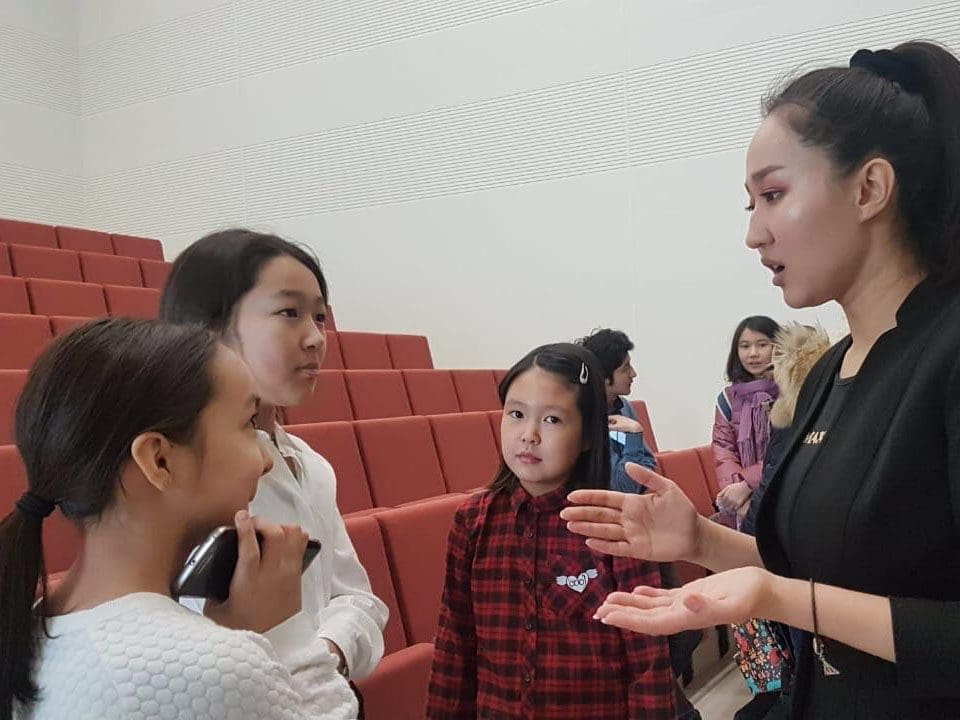
On our way to the examination center, she kept repeating, “I’m not clever enough.” We tried to cheer her up, but I saw she was too worried to hear us. She looked in the window of a car, clenching her fists. I remembered seeing her in the same mood months ago when she just started studying. When the car stopped in front of the steps to the examination center, I took Natasha’s hand. “Just do your best,” I said. She squeezed my hand and went upstairs.
Weeks later, the results came, and we sighed with relief. Natasha got accepted into a medical college and won a scholarship that covered half of her tuition. Although Natasha was extremely happy about her achievement, she was concerned about something. Her face wore that same, hard stare even though she made her dream real.
When I asked what was wrong, I started blaming myself for not seeing such an obvious answer. She had no money to pay for the other half of her tuition. After a short discussion with my club, we decided to collect funds to help her. We didn’t have to wait long. Warm-hearted people collected the needed sum in a couple of weeks, right before the start of classes.
Natasha dreams, but the government shuts us out of the orphanages
It was early September when our whole team came to support Natasha on the first day of her undergraduate studies. She was in a white coat and with a strong bright light in her eyes. At that moment, I realized we did it. We allowed her inner child to wake up and dream.
She dreamed big and crazy, no longer wearing the look of that gloomy, lonely child from the orphanage. She was Natasha, a young nurse who had been able to change her life and would now change the lives of others. We felt so proud of helping Natasha reach her goal, and we knew there were thousands of children like Natasha who needed our help.
So, we took a deep breath, wished Natasha good luck, and continued our mentoring program. First, we returned to the orphanage where Natasha lived to help her peers with their studies. There, we taught children to add and subtract numbers because teachers at school did not have enough time for it.
We practiced reading because children couldn’t read fast enough to pass their exams. Every week, we went back to orphanages for several hours to work with children who were considered “silly,” but were simply too shy to ask for help.
We were well on our way to giving all those children the opportunity to dream when the government introduced a law stating we had to have a special license to enter orphanages. As college students, we did not qualify for the license. It seemed we would never see the children again. We could no longer enter the houses or meet them somewhere. We became desperate.
Children Development Foundation helps over 1,000 kids in Kazakhstan
Soon after, a great surprise came. The president of Nazarbayev University sent us an email asking how the university could help. We couldn’t believe our eyes. We rushed to the president’s office to discuss our concerns. After hearing the whole situation, the president smiled and told us, “Why don’t you use the classrooms then?”
His answer was simple, but it saved our club. The university allowed us to occupy a number of rooms where we continued teaching children from orphanages. More and more students joined our club, and we were able to help children not only from orphanages, but also children from low-income families.
Although we did not want to take any money from them, we had many expenses as students we could not cover. It became too hard so I proposed a change to the principles of our work. We could no longer be a simple student club helping children with their educational needs. We had to become an organization helping children develop.
Most of our classes remained free, especially for orphans, but for some classes, we charged a small fee. Although we hesitated to do it, that necessary step stimulated our growth. I felt so proud to lead the Children Development Foundation from the very beginning – from my will to help others to an impactful charity.
It was a hard road, but I rather call it a life-changing adventure. People might say we help others to make them feel good, but I think we help each other, first and foremost, to make ourselves feel good. It’s the same feeling when you give a gift to a friend. It’s always more pleasant to give than to take.
Thus, as a founder of the Children Development Foundation and as a human being, I cannot live without charity. I cannot live without seeing sincere smiles and light in children’s eyes. I cannot stop giving children hopes and dreams.
This experience changed my life completely. To date, the Children Development Foundation has helped more than 1000 youth, and we plan to help more. After going through this adventure, I’ve realized education is indeed the best investment in one’s life.
